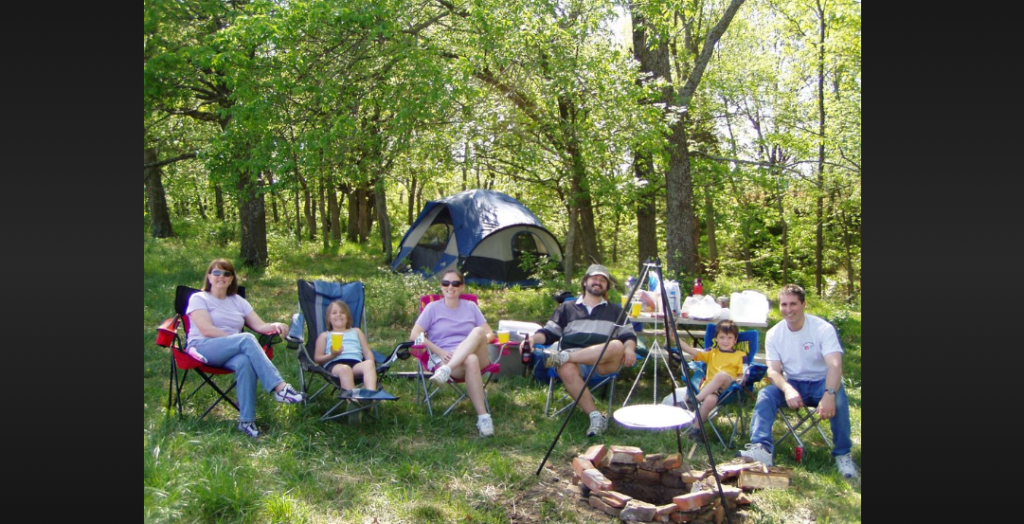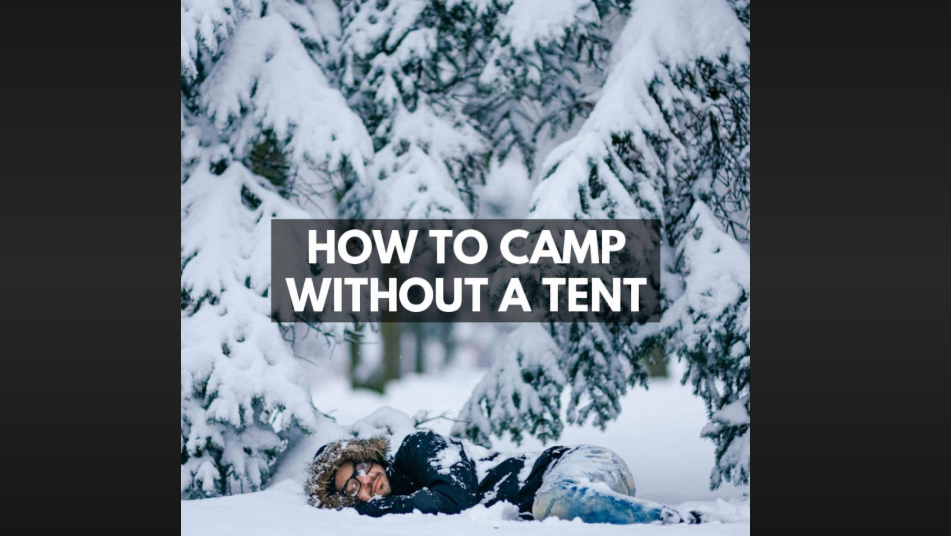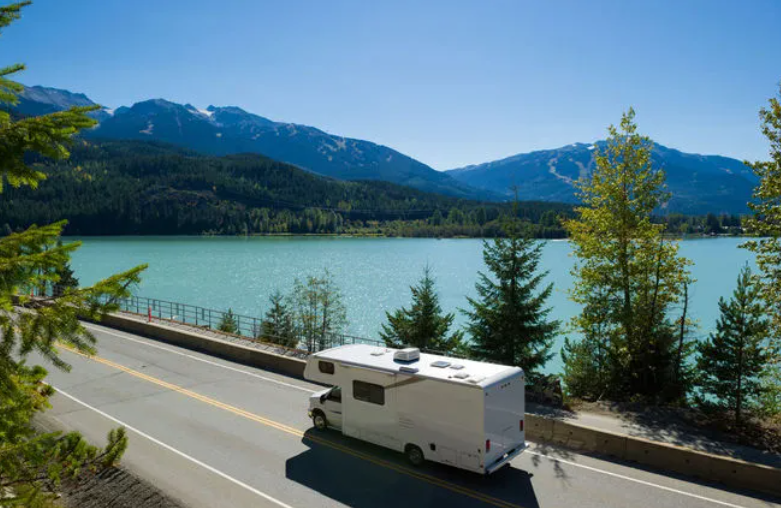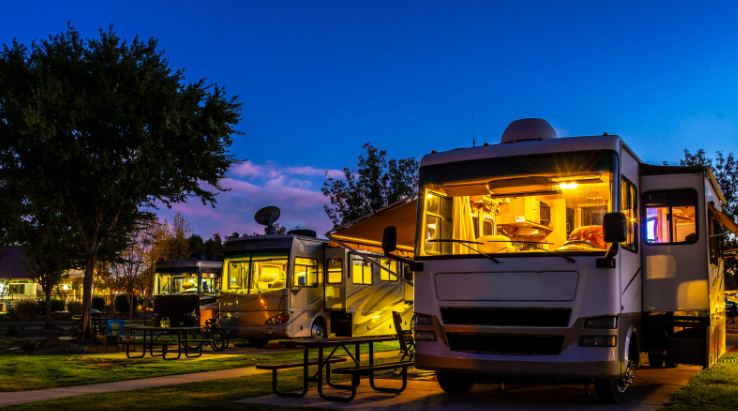Camping in Kansas offers a diverse range of experiences, from primitive tent sites under starry skies to comfortable cabins equipped with modern amenities. Whether you’re a seasoned camper or new to outdoor adventures, understanding the camping options available in Kansas state parks is essential for a memorable trip. This article delves into the necessity of tents, alternative accommodations, reservation processes, and essential regulations to help you plan your perfect Kansas camping experience.
Traditional Tent Camping in Kansas
Primitive Tent Campsites
For those who cherish the classic camping experience, Kansas state parks provide numerous primitive tent campsites. These sites are typically located in scenic areas, offering a close connection to nature without the distractions of modern life. Campers should be prepared to bring all necessary gear, including tents, sleeping bags, and cooking equipment, as amenities are minimal.
Utility Campsites
If you prefer a blend of rustic and modern conveniences, many parks offer utility campsites. These sites provide access to electricity and water, accommodating tents and recreational vehicles (RVs). While a tent is still required for these sites, the added utilities make for a more comfortable stay, especially during extreme weather conditions.
Alternative Accommodations: Camping Without a Tent
While traditional tent camping is popular, Kansas state parks also cater to those seeking shelter without the need to pitch a tent.
Cabin Rentals
Many state parks offer cabins ranging from rustic to modern, eliminating the need for a tent. Rustic cabins typically include electricity, heating, air conditioning, and beds with mattresses. Modern cabins come equipped with additional amenities such as kitchenettes (with refrigerator, stove, microwave, and coffee pot) and private restrooms with showers. Renters are usually required to bring their own bedding, towels, and toiletries.
It’s important to note that smoking is prohibited in all cabins, and only designated pet-friendly cabins allow pets, often for an additional fee. Reservations for cabins can be made up to 364 days in advance, providing ample planning time for your trip.
Yurts and Other Structures
Some parks may offer unique accommodations such as yurts or group shelters. These structures provide a solid roof over your head without the need for personal camping equipment. Availability and amenities vary by park, so it’s advisable to check specific park offerings when planning your stay.
SOURCE LINK : Kansas Wildlife & Parks
Making Reservations
To ensure a spot at your chosen park, especially during peak seasons, making reservations in advance is highly recommended.
Reservation Process
Reservations for campsites and cabins can be made online through the Kansas Department of Wildlife and Parks reservation system: Kansas State Parks Reservations. The system allows you to select specific sites and dates, providing a convenient way to plan your trip. Payment in full is required at the time of reservation, and you must be 18 or older to rent a cabin or campsite.
Reservation Windows
⦁ Campsites: Reservations can typically be made for stays between April 1 and September 30. From October 1 to March 31, campsites are available on a first-come, first-served basis and cannot be reserved in advance.
⦁ Cabins: These can be reserved up to 364 days in advance, allowing for long-term planning.
Minimum Stay Requirements
During holiday weekends, minimum stay requirements are enforced:
⦁ Memorial Day Weekend: A four-night minimum stay is required for campsites, and a three-night minimum for cabins.
⦁ Fourth of July Weekend: A three-night minimum stay is required for both campsites and cabins.
⦁ Labor Day Weekend: A three-night minimum stay is required for both campsites and cabins.
These requirements ensure that campers have ample time to enjoy the holiday and reduce turnover during busy periods.
Fees and Permits
Understanding the fee structure and necessary permits is crucial for a smooth camping experience.
Vehicle Permits
A valid State Park Vehicle Permit is required for all vehicles entering Kansas state parks. Fees are based on the vehicle, not the number of occupants. Annual and daily permits are available, with discounts for seniors and disabled residents.
Camping Permits
In addition to vehicle permits, a camping permit is required for overnight stays. Fees are charged per camping unit (e.g., per tent or RV) and vary based on the type of site and amenities provided. Additional fees may apply for utility hookups and prime site locations.
Annual and 14-Night Permits
For frequent campers, annual camping permits offer unlimited camping throughout the calendar year, though utility fees are not included. A 14-night camping permit is also available, covering 14 nights of camping that do not need to be consecutive. Purchasing these permits before April 1 or after September 30 can result in cost savings.
Regulations and Guidelines
Adhering to park regulations ensures a safe and enjoyable experience for all visitors.

Camping Duration
Campers are limited to a stay of no more than 14 consecutive days in one campground. After this period, a five-day absence is required before returning to the same campground. A one-time 14-day extension may be granted with written permission from the park manager if vacant sites are available.
Check-In and Check-Out Times
⦁ Campsites: Check-in is at 2 p.m., and check-out is at 2 p.m. the following day.
⦁ Cabins: Check-in is at 3 p.m., and check-out is at 12 p.m.
Adhering to these times helps park staff manage site maintenance and preparation for incoming guests.
Quiet Hours and Noise Regulations
To maintain a peaceful camping environment, Kansas state parks enforce quiet hours from 11 p.m. to 6 a.m. During these hours, loud music, shouting, and any disruptive behavior are prohibited. Generators should be turned off, and campers are expected to respect the tranquility of the park. Failure to comply with noise regulations may result in fines or removal from the campground.
Firewood and Campfires
Campfires are a cherished part of the camping experience, but they must be managed responsibly. Kansas state parks typically allow campfires in designated fire rings or pits. However, during dry seasons or periods of high fire danger, fire bans may be in effect. It is recommended to check the specific park’s regulations before your visit.
Bringing firewood from outside sources is discouraged due to the risk of spreading invasive pests. Instead, campers should purchase firewood from park vendors or collect dead wood found within the park, if permitted.
Wildlife and Environmental Responsibility
Kansas state parks are home to diverse wildlife, including deer, raccoons, and various bird species. Campers should avoid feeding wildlife, as human food can be harmful to animals and encourage dependency. Proper food storage is essential—coolers should be locked in vehicles or secured in bear-proof containers when necessary.
Leave No Trace principles should be followed to protect the environment. Campers are expected to dispose of waste properly, use designated trash and recycling bins, and minimize their impact on the natural surroundings. Carrying out all trash, especially when camping in remote areas, is a key responsibility.
Pets in Campsites
Pets are welcome in Kansas state parks but must be kept on a leash no longer than 10 feet at all times. Pet owners are responsible for cleaning up after their animals and ensuring they do not disturb other campers. Some cabins offer pet-friendly accommodations for an additional fee. Checking pet policies before making reservations is advisable.
Conclusion
Camping in Kansas offers a range of experiences, from traditional tent camping to modern cabins. While a tent is not always necessary, those seeking a classic outdoor adventure will find plenty of campsites suited to their needs. Understanding park regulations, making reservations in advance, and practicing responsible camping ensures a safe and enjoyable experience. Whether pitching a tent under the stars or enjoying the comforts of a cabin, Kansas state parks provide a welcoming environment for all nature enthusiasts.






